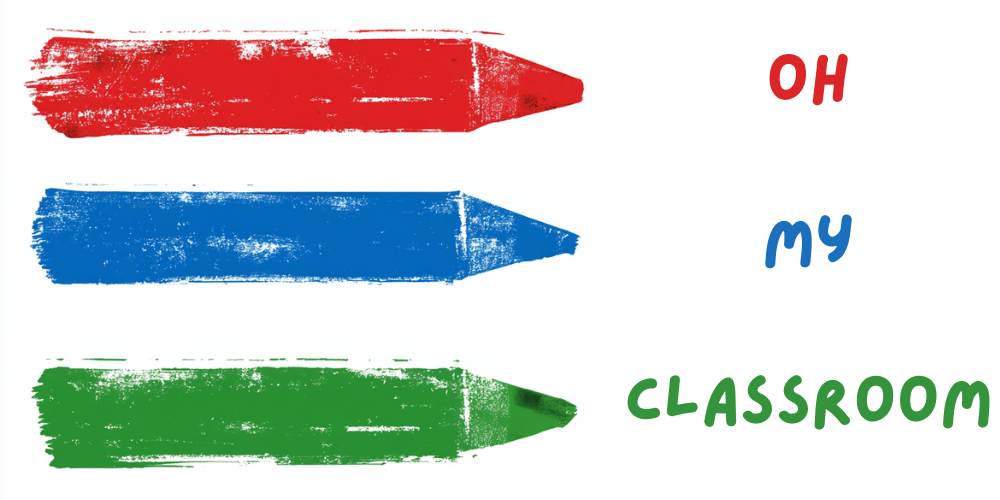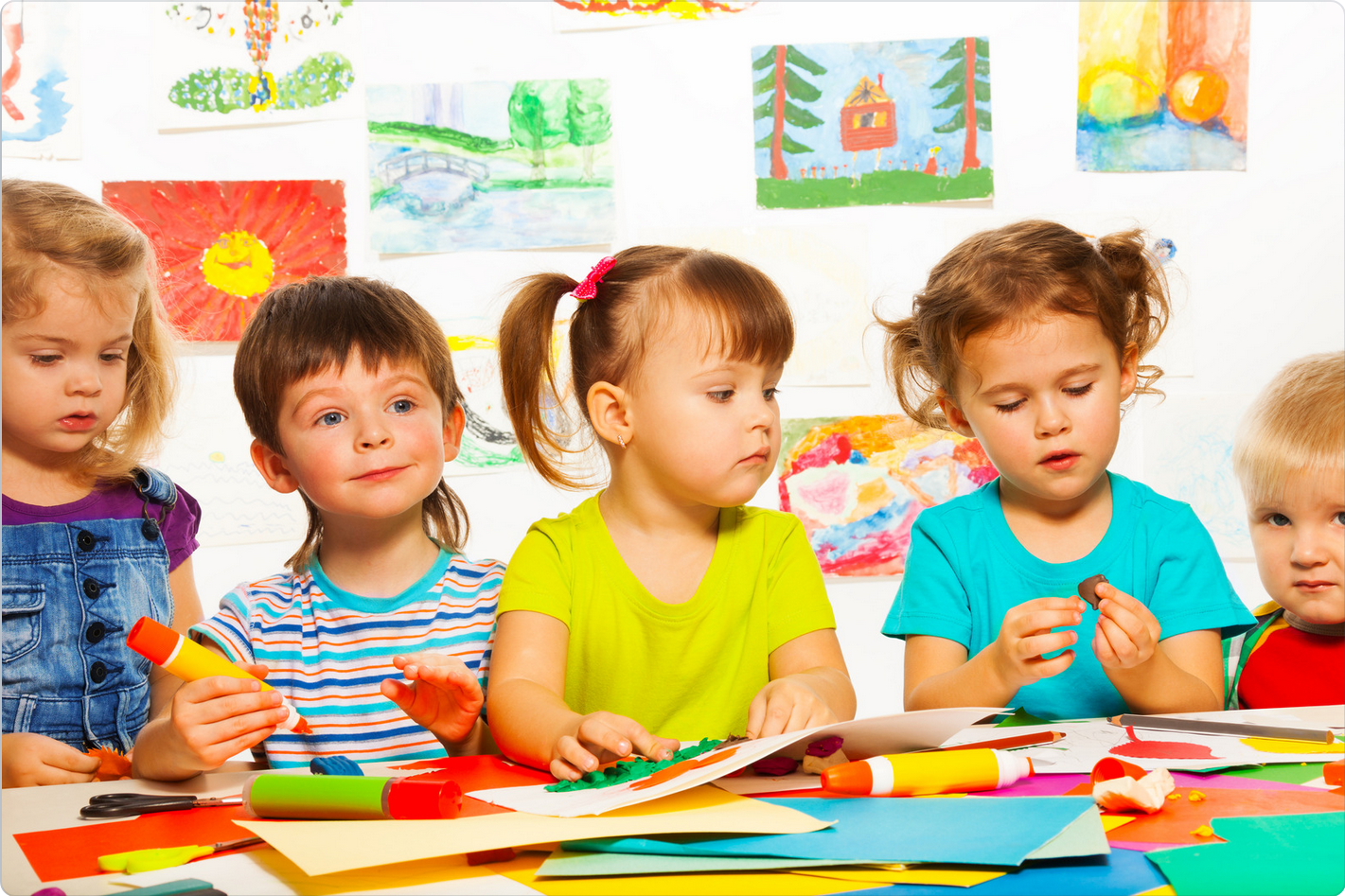Learning to write is an important milestone for children as it sets the foundation for their academic and personal development.
While most children start learning to write at around four or five years of age, some children may show an interest in writing earlier on.
Read on to learn how to teach a 3 year old to write & read properly.
Teaching a three-year-old child to write may seem challenging, but with the right approach and patience, it is possible.
10 Effective Ways to Teach 3 year Olds to Write
Here are some effective strategies and tips for teaching a three-year-old child to write:
Develop Fine Motor Skills
Before a child can learn to write, they must develop the necessary fine motor skills. Fine motor skills refer to the ability to control small muscles, such as those in the fingers and hands, and are essential for holding a pencil or pen and writing. Activities that can help develop fine motor skills include drawing, coloring, using scissors, and playing with play dough.
Introduce Basic Writing Tools
Introduce your child to basic writing tools such as crayons, pencils, and markers. Start with larger pencils or markers as they are easier to hold and control. Encourage your child to practice drawing shapes, lines, and simple pictures using these writing tools. You can also use magnetic letters and a magnetic board to practice letter recognition.
Teach Letter Formation
Once your child has developed some basic fine motor skills and is comfortable with writing tools, you can start teaching them how to form letters.
Begin with teaching the letters in your child’s name, as these are typically the first letters they learn. Teach the proper formation of each letter, starting with tracing and then progressing to writing on their own.
Related: What Order to Teach Letters to Preschoolers?
Use Fun Activities to Practice Writing
Learning to write can be tedious and overwhelming for young children, so it is important to make the process fun and engaging. Use fun activities such as tracing letters in sand or shaving cream, drawing pictures and labeling them, or playing games that involve writing, such as hangman or word search puzzles.
Practice, Practice, Practice
Like with any skill, practice is essential for developing writing skills. Set aside time each day for your child to practice writing, even if it is just for a few minutes. Encourage your child to write letters, words, and sentences, and provide positive feedback and praise for their efforts.
Make Writing Part of Daily Routine
Incorporate writing into your child’s daily routine. Have your child write their name on their artwork, help with writing the grocery list, or write a thank you note to a friend or family member. This helps your child see the practical applications of writing and encourages them to practice their skills.
Read Aloud
Reading aloud to your child is an effective way to build their vocabulary and introduce them to different writing styles. Reading also helps children develop an understanding of language and sentence structure, which are important skills for writing.
Provide Positive Reinforcement
Provide positive reinforcement and praise for your child’s efforts and progress. Children respond well to positive reinforcement, and it helps build their confidence and motivation to continue learning.
Be Patient Teaching
a three-year-old to write can be a challenging and frustrating process. Remember to be patient and allow your child to learn at their own pace. Do not expect perfection and celebrate your child’s efforts and progress along the way.
Conclusion
In conclusion, teaching a three-year-old to write can be a fun and rewarding process that benefits their overall development.
By incorporating developmentally appropriate practices, such as play-based learning and providing positive feedback and reinforcement, parents can effectively teach their child to write.
With patience and dedication, children can develop strong writing skills that will benefit them throughout their academic and personal lives.
References:
- National Institute of Child Health and Human Development. (2008). What every parent, caregiver, and teacher should know about preschoolers’ writing.
- Puranik, C. S., & Lonigan, C. J. (2014). Early writing development: A review of instructional practices. Journal of Early Childhood Literacy, 14(1), 1-22.

